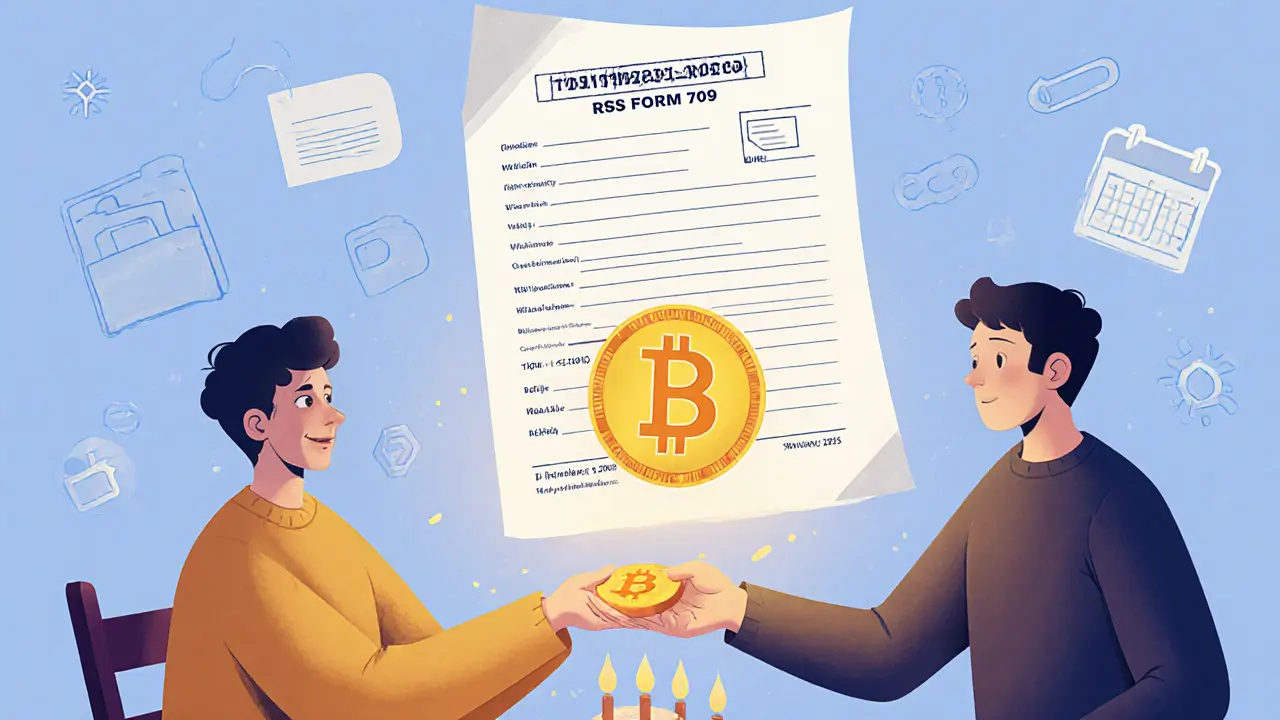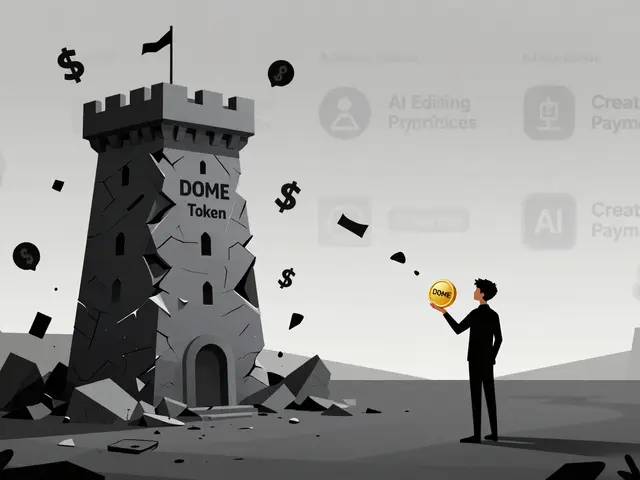Cryptocurrency Estate Planning: How to Leave Your Crypto to Loved Ones
When you own cryptocurrency, digital assets stored on blockchains like Bitcoin or Ethereum that require private keys to access. Also known as digital assets, they’re not like cash or stocks—you can’t just hand over a password and expect someone to figure it out. If you die without a plan, your crypto could be lost forever, locked behind keys only you know. This isn’t just a tech problem. It’s a legal and family issue. Thousands of people have already lost millions in crypto because no one knew how to access their wallets.
Crypto inheritance, the process of legally transferring digital assets to heirs after death requires more than a will. A standard will won’t help if your executor doesn’t know where your keys are, what exchange you used, or how to unlock a hardware wallet. You need a clear, step-by-step plan that includes: where your keys are stored (cold wallet, paper backup, encrypted file), how to access them (passphrase, recovery phrase, 2FA method), and who’s authorized to act. Many people use a trusted third party like a lawyer or crypto estate service to hold encrypted access details—never store this info online or in plain text.
Digital asset will, a legal document specifically designed to outline ownership and transfer of blockchain-based holdings is becoming as important as a traditional will. Some states now recognize digital asset directives under the Revised Uniform Fiduciary Access to Digital Assets Act (RUFADAA). But even if your state allows it, your executor still needs the actual keys. That’s why most experts recommend a hybrid approach: a legal document naming your beneficiary, plus a secure physical or encrypted digital vault with access instructions. Don’t rely on family members guessing your MetaMask password or finding a USB drive buried in a drawer.
What about exchanges like Binance or Coinbase? Some offer legacy contact features or inheritance programs, but not all do—and many don’t notify you when they change their policies. Relying solely on an exchange to pass on your crypto is risky. What if they go under? What if they change their terms? The safest path is always to control your own keys. That’s why tools like crypto wallet access, the methods and systems used to retrieve and transfer ownership of blockchain wallets after death are critical. Use multi-signature wallets, split your recovery phrase across trusted people, or use a service like SafePal or BitGo that allows designated beneficiaries to request access after verification.
There’s no one-size-fits-all solution. Your plan depends on how much crypto you hold, where it’s stored, and who you trust. But the biggest mistake people make? Doing nothing. If you’ve ever held Bitcoin, Ethereum, or even a meme coin like FOUR or NYAN, you have something worth planning for. The posts below show real cases—what went wrong, what worked, and how to avoid the traps that leave families empty-handed. You don’t need a lawyer to start. You just need to write down one thing: where your keys are, and who gets them.
Crypto Gift and Inheritance Reporting: What You Need to Know in 2025
Starting in 2025, crypto gifts and inheritances must be reported to the IRS. Learn how Form 1099-DA, wallet-by-wallet accounting, and estate planning rules affect your crypto transfers - and what happens if you don't comply.





